The news that Nio is set to start selling cars in Norway this year shouldn’t be a surprise: it’s always seemed a question of when, rather than if, the firm would expand internationally. That’s partly because it’s always seemed a question of when, rather than if, a Chinese car brand would crack the European market. And Nio has seemingly been designed expressly to do that.
Comparisons between Nio and Tesla have been overplayed, in part because they’re easy to make: high-profile founders who made their millions through tech companies, high-profile stock market listings and, perhaps less positively, early financial woes and a struggle to generate consistent profits.
The reality is more nuanced: Nio founder Williams Li essentially identified a gap in the Chinese market for a home-grown Tesla, a domestic firm making high-tech premium EVs. The firm has been modelled on Tesla’s successes and some genuinely innovative technology, particularly its clever battery-swap stations that remove the need for long charges on motorway journeys.
It helps that Nio’s products are genuinely good, as I can attest from trying one while visiting the company a few years back. They’re certainly comparable with similar machines from Tesla or EVs from premium European firms such as BMW and Audi.
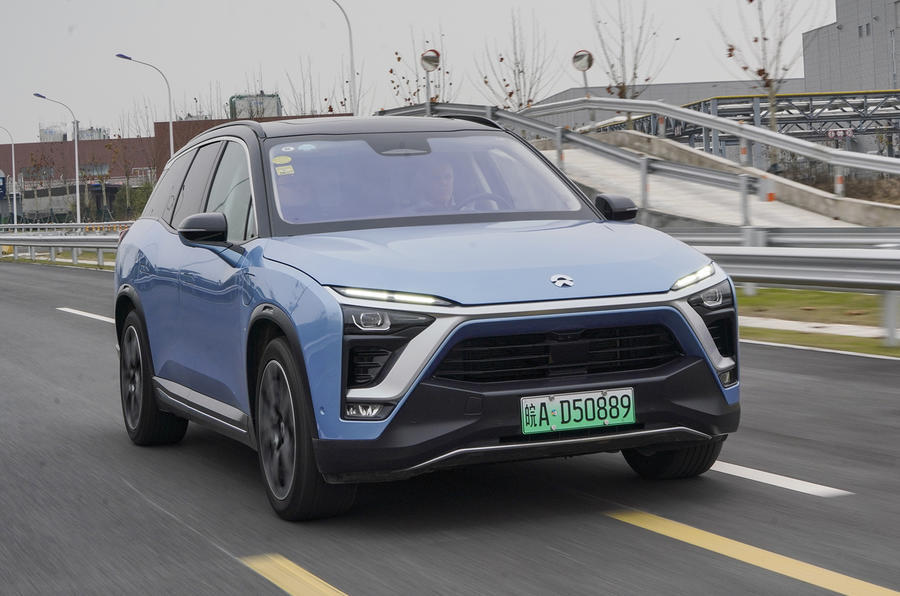

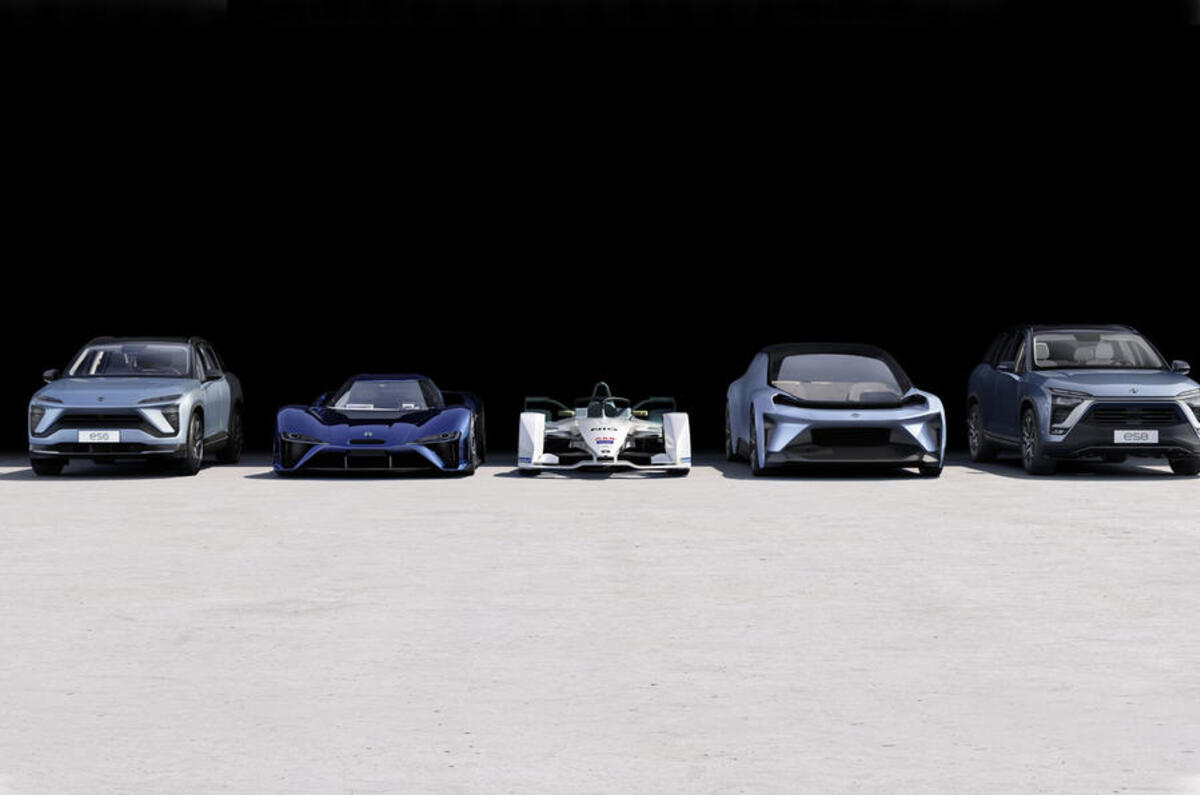
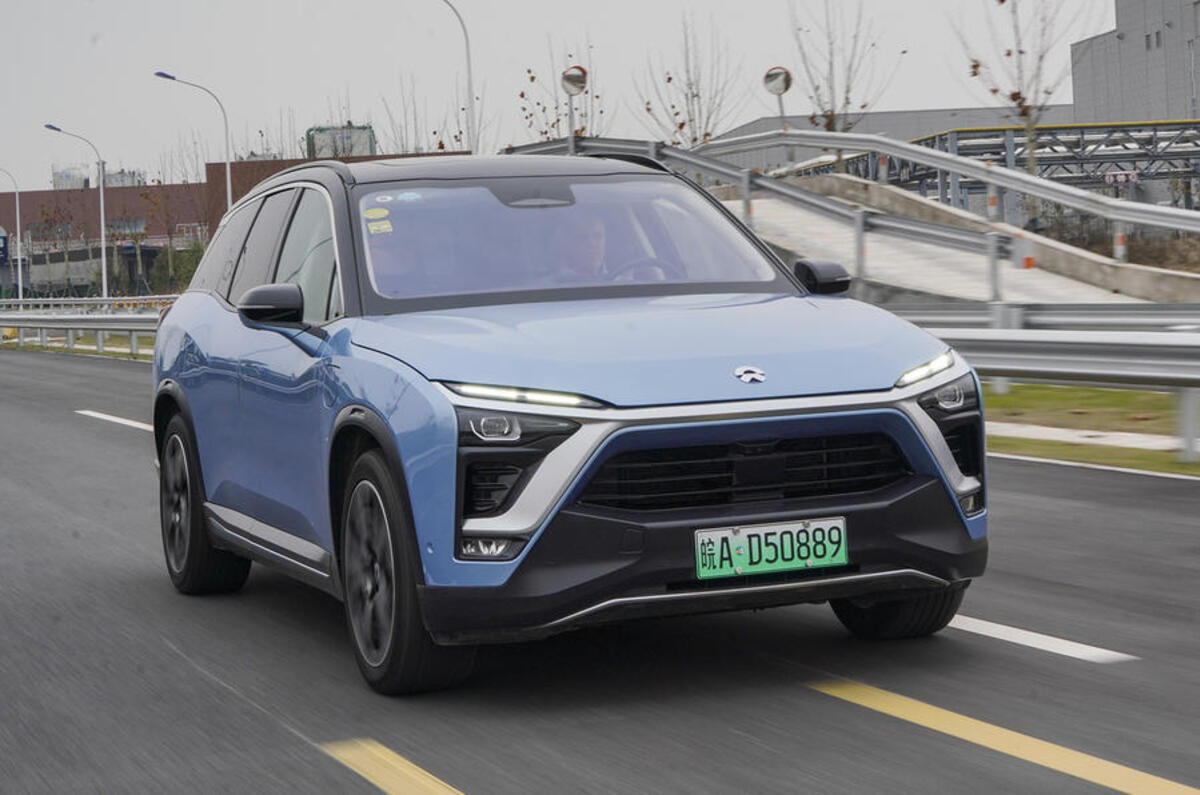
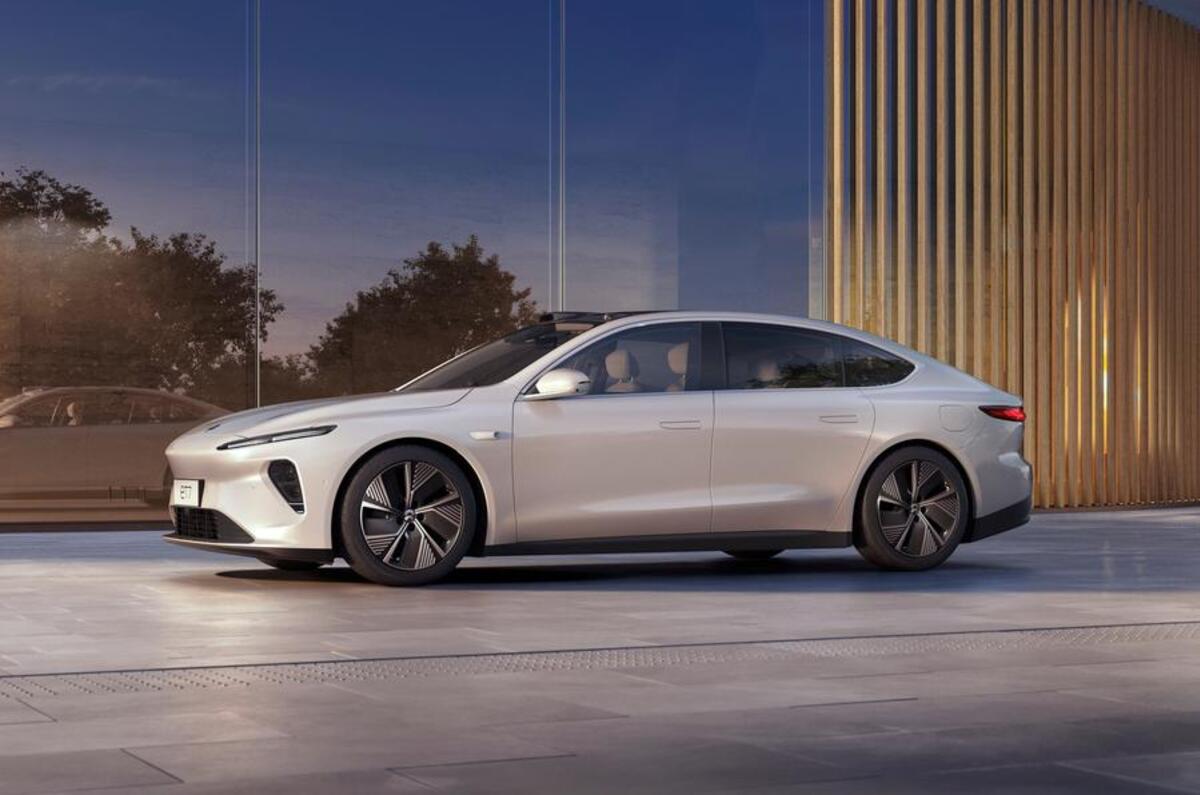
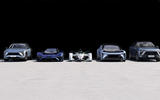
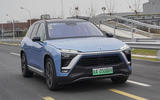
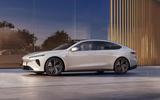






Join the debate
Add your comment
@hughbi
There is a small percentage of the population that will buy something because they like. Just look at the Tesla Model 3 and Polestar 2 that are both currently thrown together in China.
I'm happy paying a premium to buy products not made there. A small amount of components in the technology products I buy may be made there, but things like my television, computer and mobile phone, fridge, washing machine and microwave are made in countries which respect democracy and human rights.
May I remind the other readers here that China represents nearly one fifth of all mankind, or that every fifth human being is a Chinese (actually it is somewhat more than 18%).
China is the largest national market for automobiles and the largest produced worldwide (a couple of years ago it was like China = 27 million, 2nd place USA with 17 million).
This market will be decisive for all automobile companies, and it will bring out its own luxury cars. Inevitable.
So, Porsche buying heavily into Rimac isn't the same?